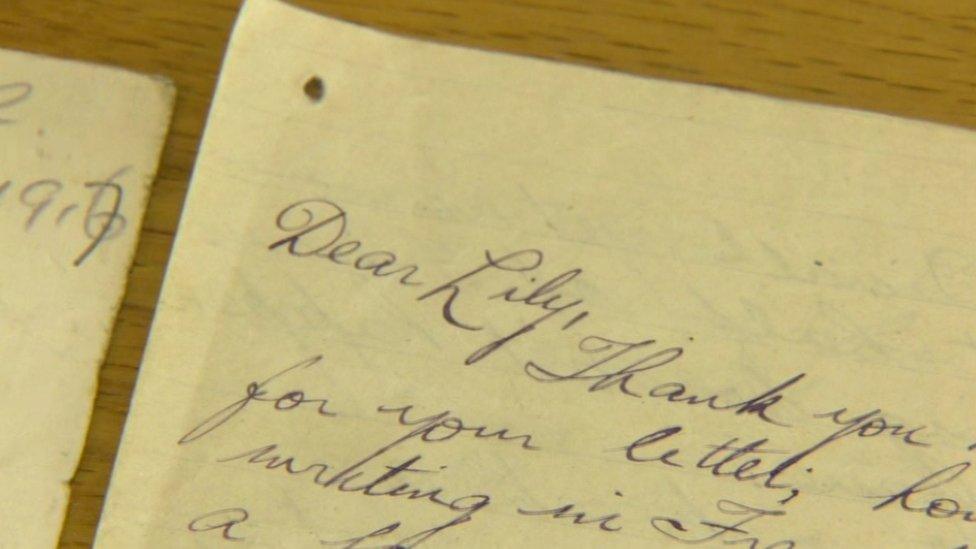Battle of the Somme: Remembering the Irish football hero killed in World War One
- Published
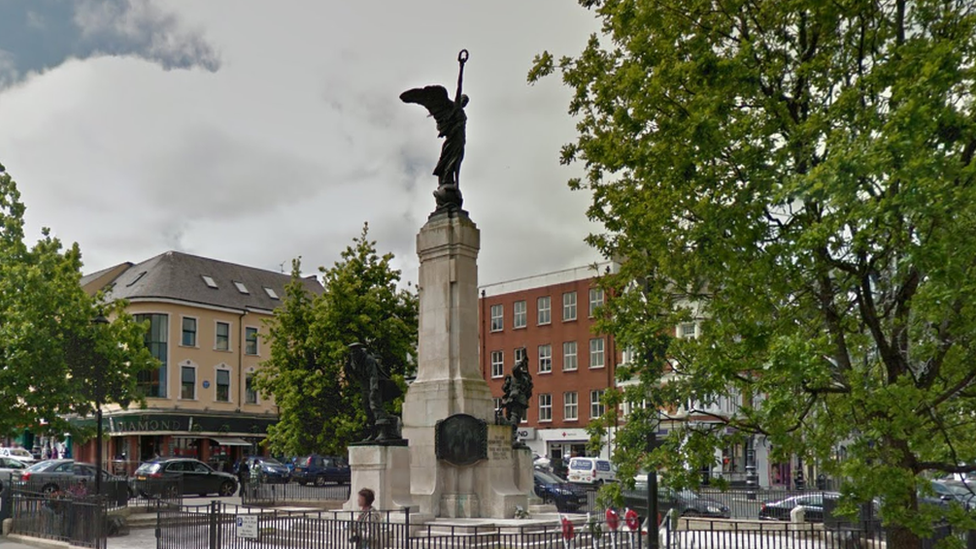
Barney Donaghey's name is recorded on the Diamond War Memorial in his home city of Derry
When the news of the awful death toll from the first day of the Battle of the Somme reached Ireland, one name stood out to the followers of Irish football.
Barney Donaghey played for Manchester United, Burnley, and a host of Irish clubs and he made one appearance for the Irish international team.
He lost his life in the mud and chaos of that bloody July day back in 1916.
His career began in 1900 when, as a raw 17-year-old, he was signed by his hometown club Derry Celtic and instantly made an impact on the local football scene.
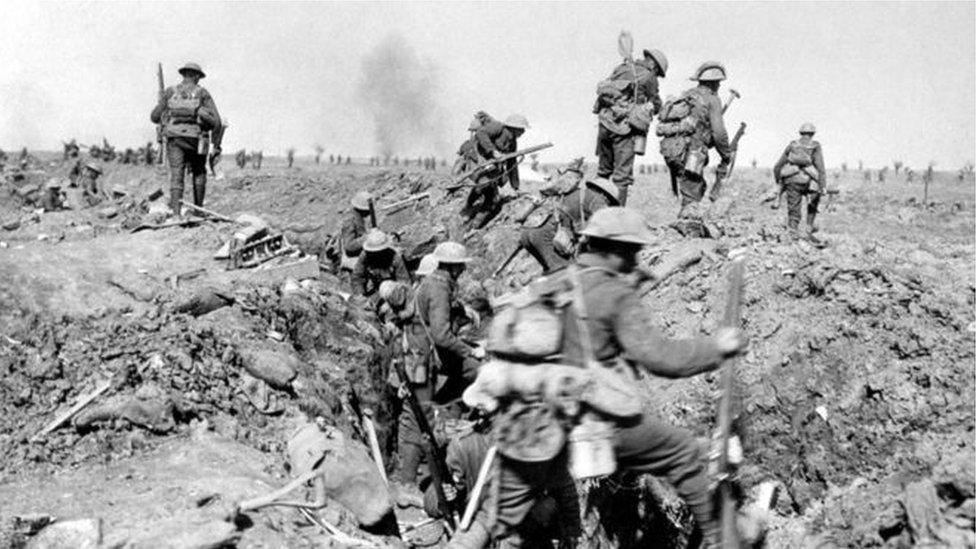
When the war broke out, like many other Irishmen, Barney volunteered for military service
'Derry Celtic'
At 5ft 4in in his boots, and weighing just 10 stone, he was a slight character, but he was a tricky player whom opponents found hard to tackle.
Born at Walker's Place in the city on 23 December 1882, he was initially called Bernard, but for most of his life was known as Barney.
His debut for Derry Celtic in September 1900 went well, and in front of a sizeable home crowd against Cliftonville he quickly became a favourite with supporters.
In February 1902, he was selected for an Irish League XI against a Scottish League team at Dens Park in Dundee and he later moved to the leading side Belfast Celtic, which had a reputation for adventurous, free-flowing football.
In August 1902, he was chosen to play for Ireland, making his international debut in Belfast against Scotland.
After a spell at Glentoran, he attracted the attention of the Scottish side Hibernian, although his stay in Edinburgh was not a long one.
At the start of the 1905 season, he was back home playing for Derry Celtic.
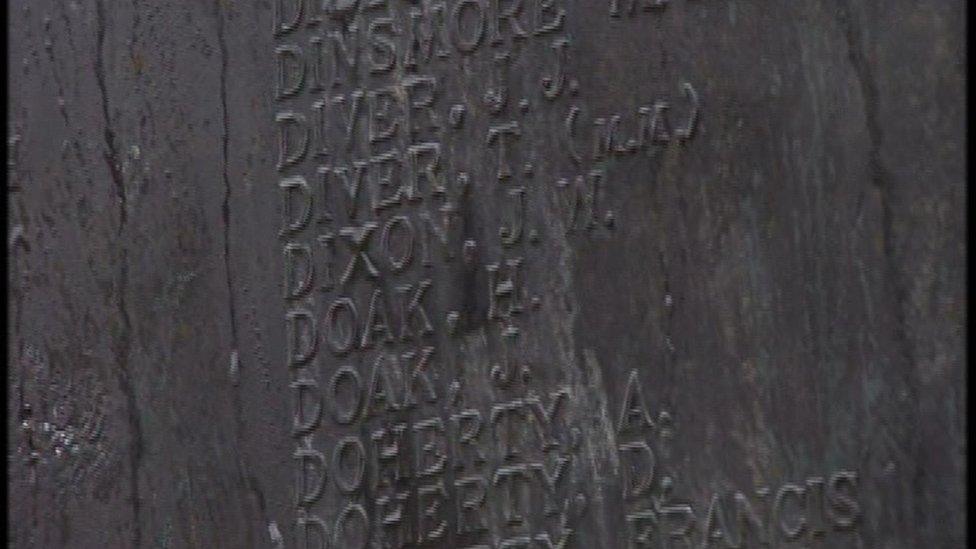
Barney Donaghey's name is on the Diamond War Memorial but he became one of the forgotten stars of Irish football
He then caught the interest of Manchester United and signed for the club for a fee of £100.
The new signing went straight into the United first team for the game against Lincoln City, but Donaghey faced much competition and as the season progressed he could not hold down a first-team place.
At the end of the season, he was transferred back to his old club.
Donaghey came home to the familiar surroundings of Derry to resume his career in the grounds across Ireland.
After a spell back in Ireland, his chance for top-flight football came again, and he moved this time to Burnley.
He began playing for the reserves, and the early signs were promising as he found himself on the score sheet and began to grab the attention of the press.
However, once again it did not work out and he returned to Derry Celtic, which marked his third and final spell with the team from his home town.
'Crowd Favourite'
Life back in Derry had a familiarity about it and Donaghey settled back into being a big star in the local Irish football scene.
For nearly six years he wore the colours of Derry Celtic and, just as before, he became a crowd favourite.
When the war broke out, like many other Irishmen, he volunteered for military service and joined the 1st Battalion of the Royal Inniskilling Fusiliers.
In January 1915 his battalion came under the command of the 29th Division, and were based in Rugby.
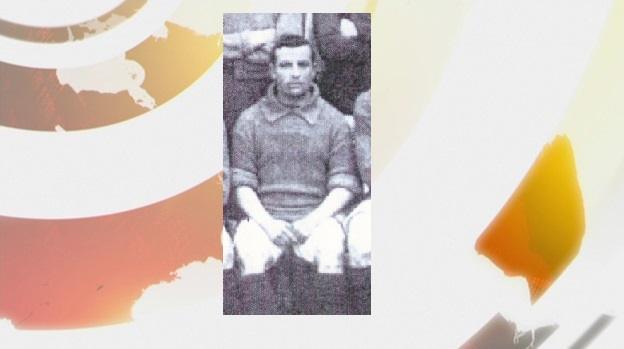
Barney Donaghey: A natural footballer whose skills brought joy to those who saw him play
In March, he and his comrades sailed to Egypt and then on to Gallipoli, where they took part in the landings at Cape Helles, in which many thousands of Irish soldiers perished.
In January 1916, the battalion were evacuated from Gallipoli, and Donaghey, who had lost many comrades, was taken to hospital after being injured in the head by shrapnel.
He was very lucky to survive, and was taken to a hospital in Tanta in Egypt.
As he recovered he wrote home to Derry, describing his experiences.
He recounted how he had witnessed a number of his comrades losing their lives: "The other four soldiers that were beside me were killed.
"It was an awful sight and I am sure it was the prayers that saved me".
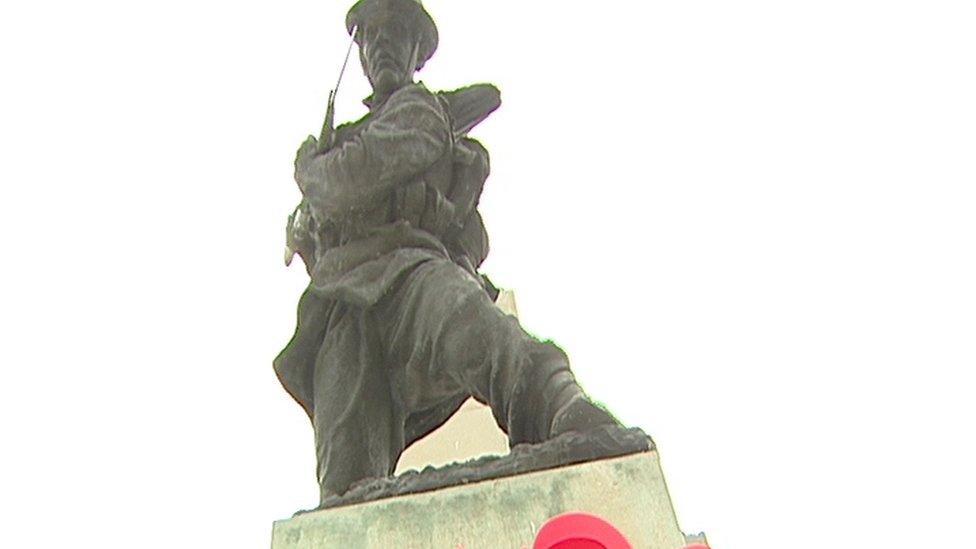
Barney Donaghey's exploits on the pitch were forgotten but not his actions on the battlefield
From Gallipoli, the men from the Inniskillings 1st Battalion were transferred to France in March 1916, where they joined thousands of other Irishmen as they prepared for the Somme offensive.
On 1 July 1916, Donaghey was with his comrades from the Royal Inniskilling Fusiliers on the opening day of the Battle of the Somme.
The 1st Battalion were part of the 29th Division, and their objective was to capture Y Ravine.
'Bloodiest day'
It would prove to be the bloodiest day in the history of the British Army and Barney Donaghey died in the battle's opening hours.
Days later, word would reach his wife, Sarah, back in Derry, that he was 'Missing in Action', presumed killed. Barney Donaghey's body was never recovered.
His name is recorded on the Memorial to the Missing at Thiepval in France, and he is also commemorated on the Diamond War Memorial in his home city of Derry.
He was a natural footballer whose skills brought joy to many who saw him play.
A sporting idol who helped to transform the game, but who in later years became one of the forgotten stars of Irish football.
- Published22 June 2016
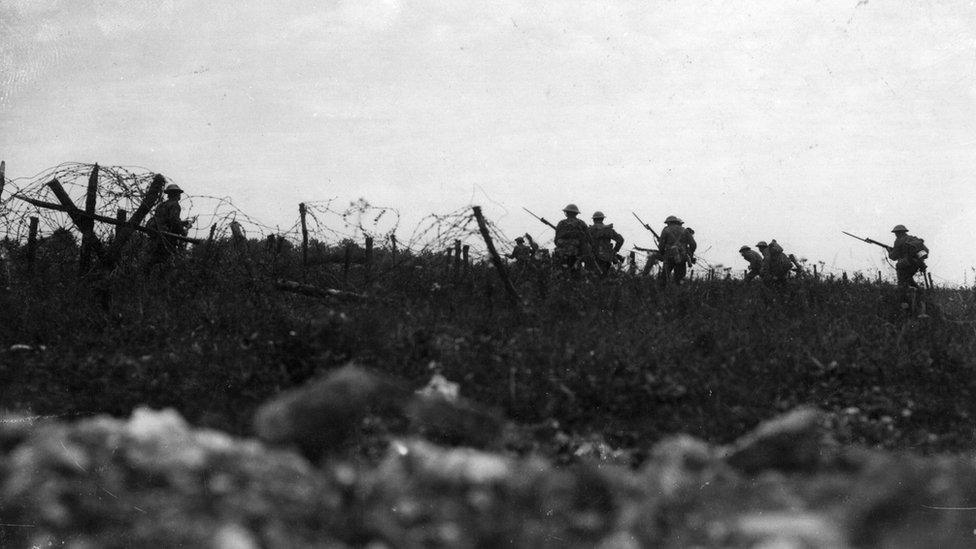
- Published23 June 2016
